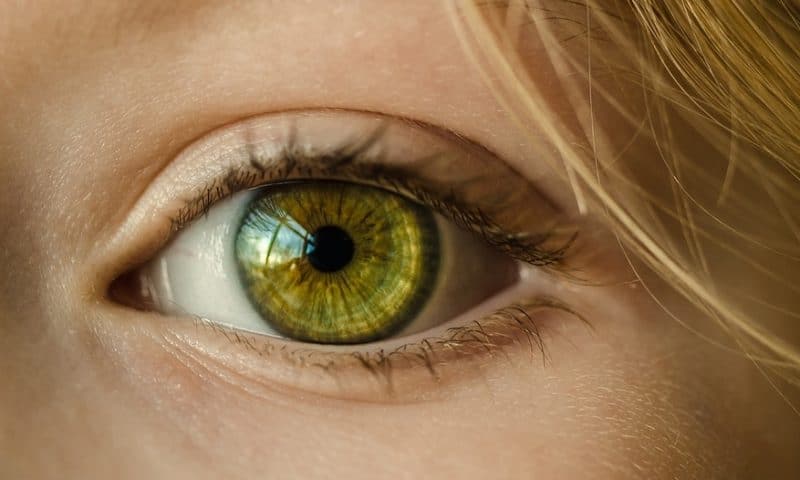Verily’s ophthalmology work is set to see new life through a joint venture with Japanese vision care company Santen Pharmaceutical.
One of the earliest projects for Google’s life science-focused sister company included a smart contact lens with an integrated circuit that could measure the wearer’s glucose levels. First launched in early 2014 in collaboration with Alcon, that program was mothballed over four years later, though work continued on responsive contacts and smart intraocular lenses for cataracts.
Now, the upcoming joint venture with Osaka-based Santen will focus on applying “microelectronics and scalable digital technologies” in building “unique ophthalmic devices.” Though details are scarce, the two companies said they would start with the development of tech-enabled solutions to support global ophthalmology practices.
They aim to include machine learning and artificial intelligence techniques as well as connected and integrated medical devices, they said.
“By combining Santen’s expertise and Verily’s advanced technology, our joint venture is well-positioned to tackle innovative projects spanning ophthalmic conditions, such as glaucoma and dry eye,” said Verily’s senior director of ophthalmic innovation, Dimitri Azar, who is slated to serve as the yet-unnamed joint venture’s CEO.
“We’ll explore ways to use technology not only to diagnose disease, but to improve treatment and develop more precise interventions in ophthalmology,” Azar said in a statement (PDF).
Santen serves as the market leader for prescription eye drugs in Japan with additional products being sold in more than 60 countries, including medical devices and over-the-counter treatments. The two companies said the joint venture is currently pending regulatory merger control clearance.
“This joint venture will combine Verily’s cutting-edge digital technology and our global industrial and commercial ophthalmology business platform to pursue innovation in ophthalmology,” said Santen President and Chief Operating Officer Shigeo Taniuchi. “Digital technology is a transformational driver in health and we hope that this joint venture will be a significant step forward in paving the way for better eye care around the world.”
Elsewhere, Verily has been collaborating with Google to develop AI-powered software and hardware that screen for signs of diabetic retinopathy, one of the leading international causes of preventable blindness. This included a clinical research program at locations in India, which showed the algorithm could perform as well as general ophthalmologists and retina specialists in evaluating an image of the eye.

